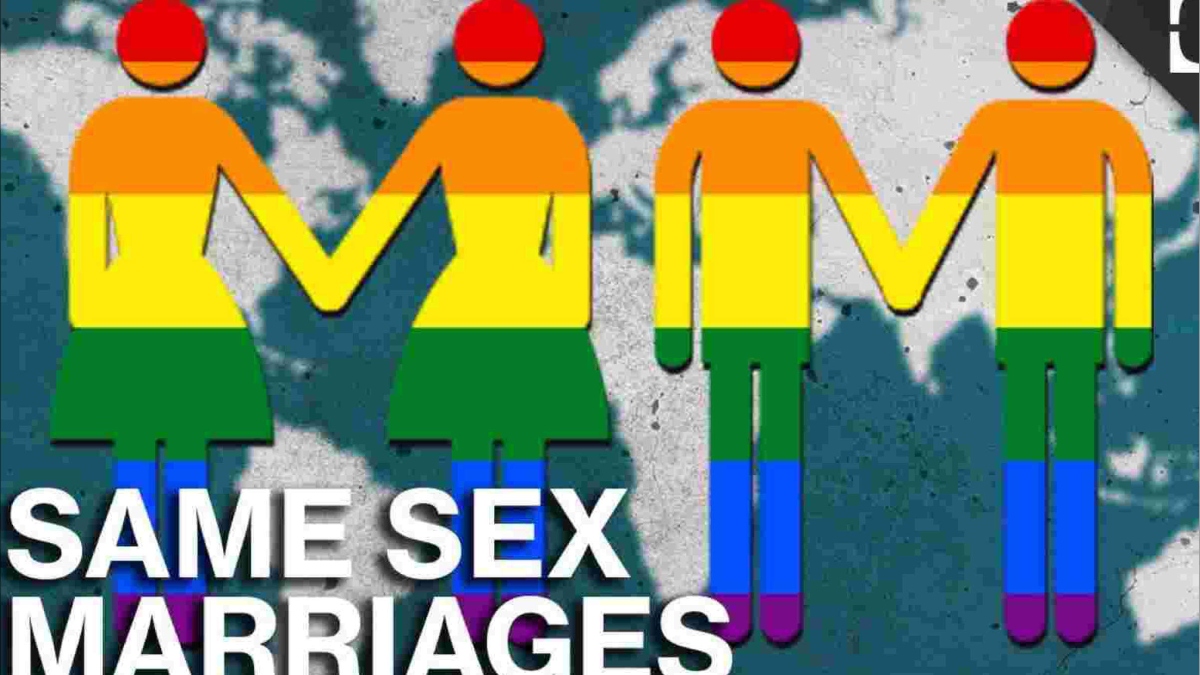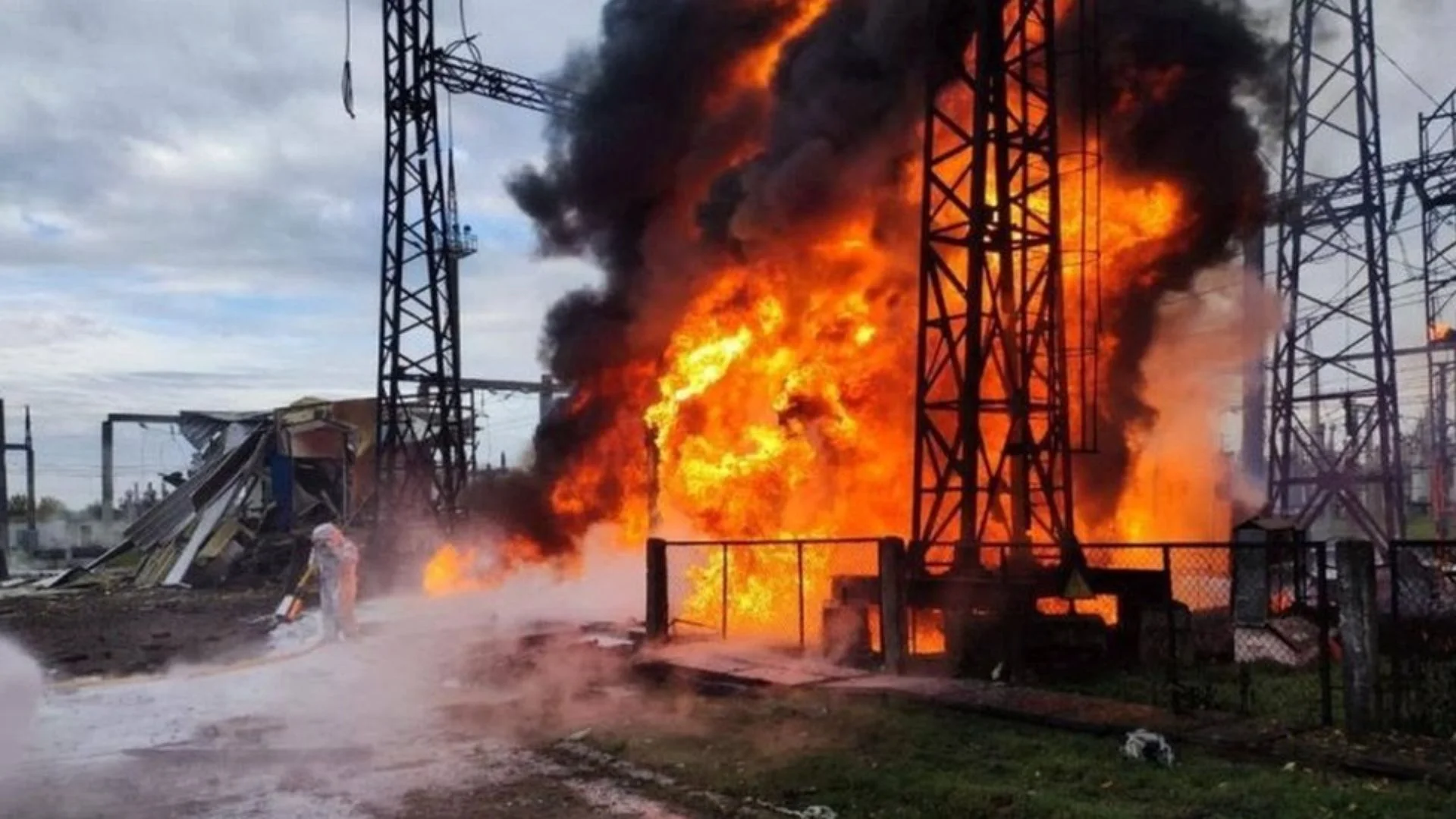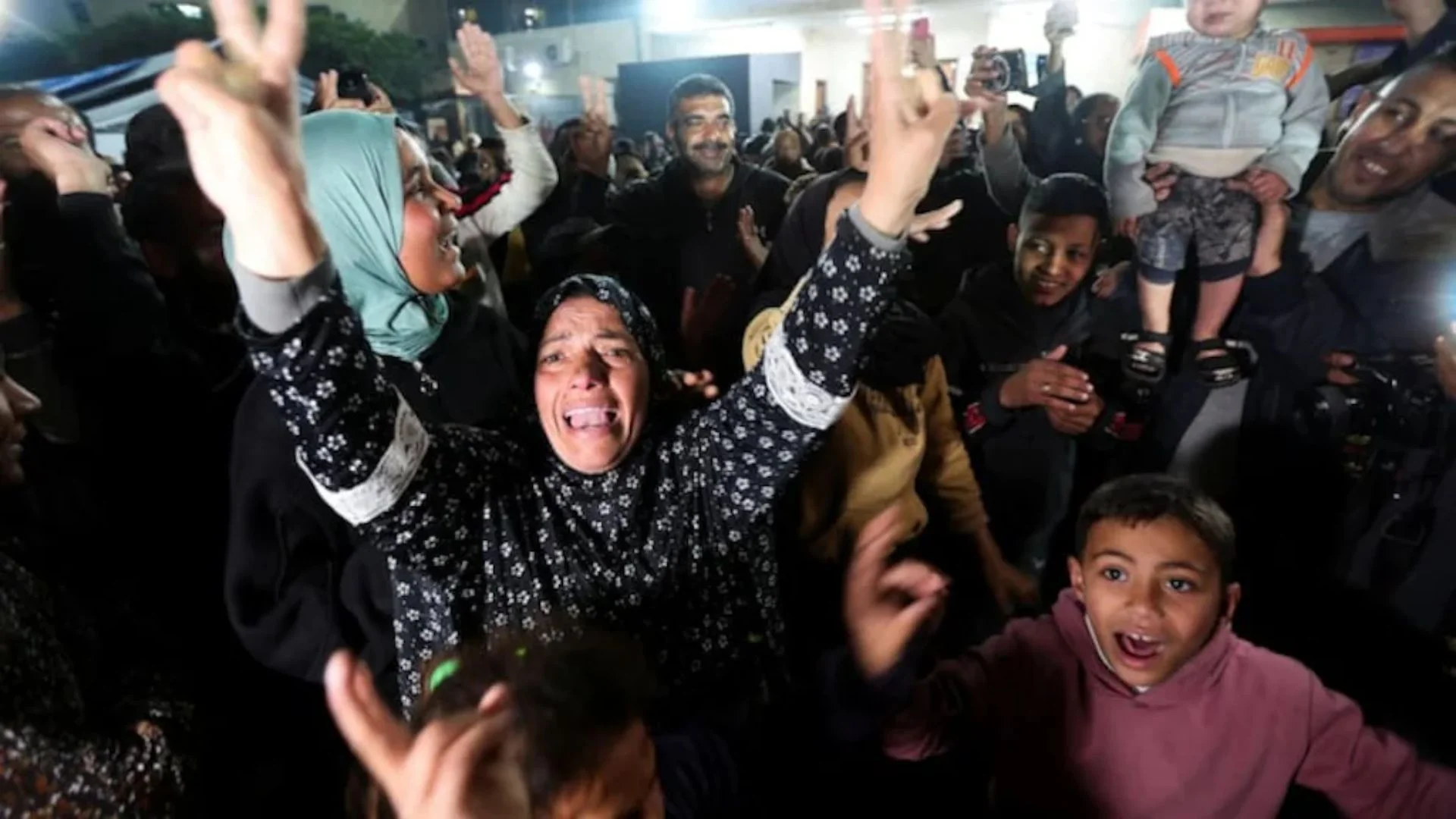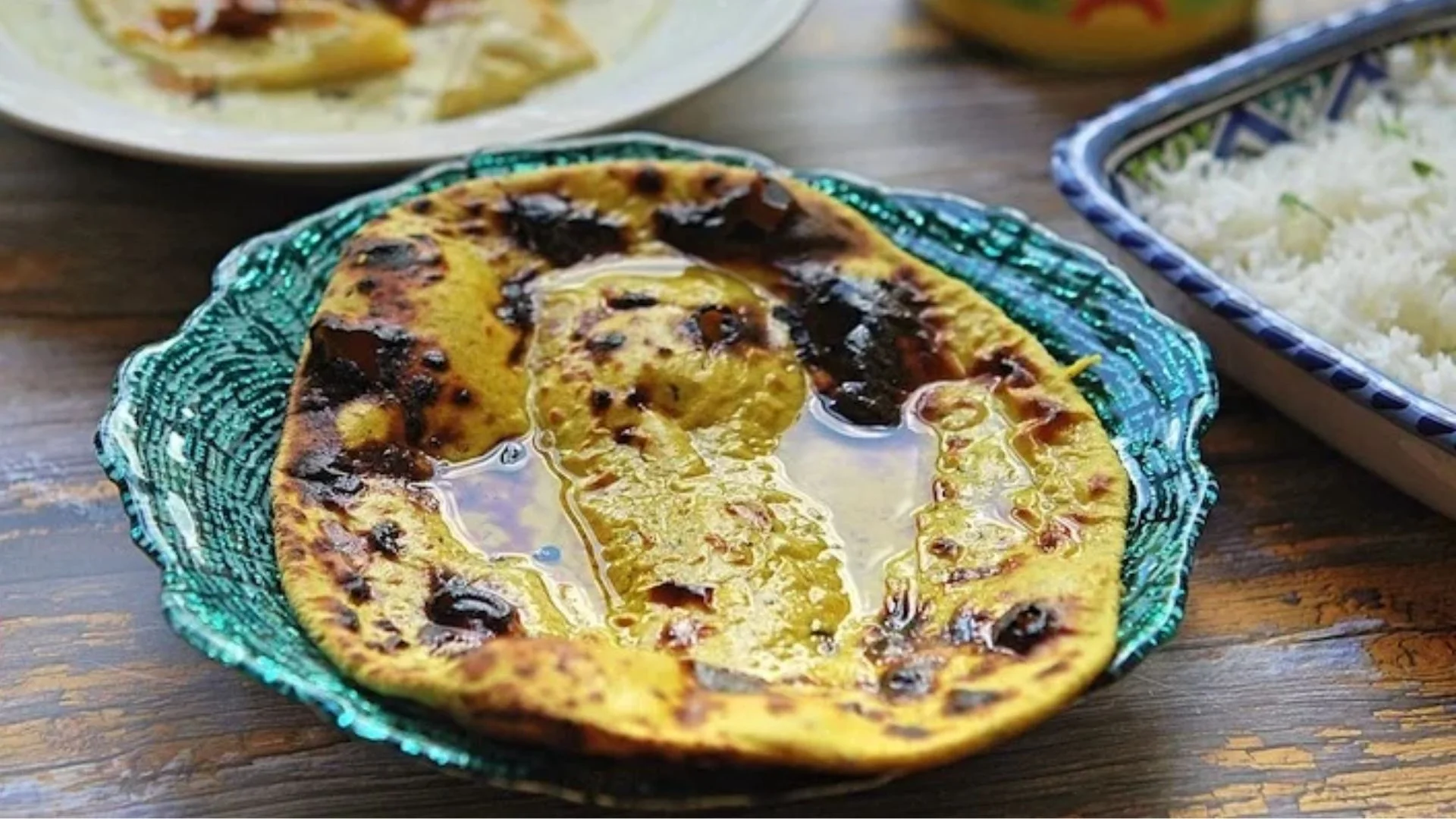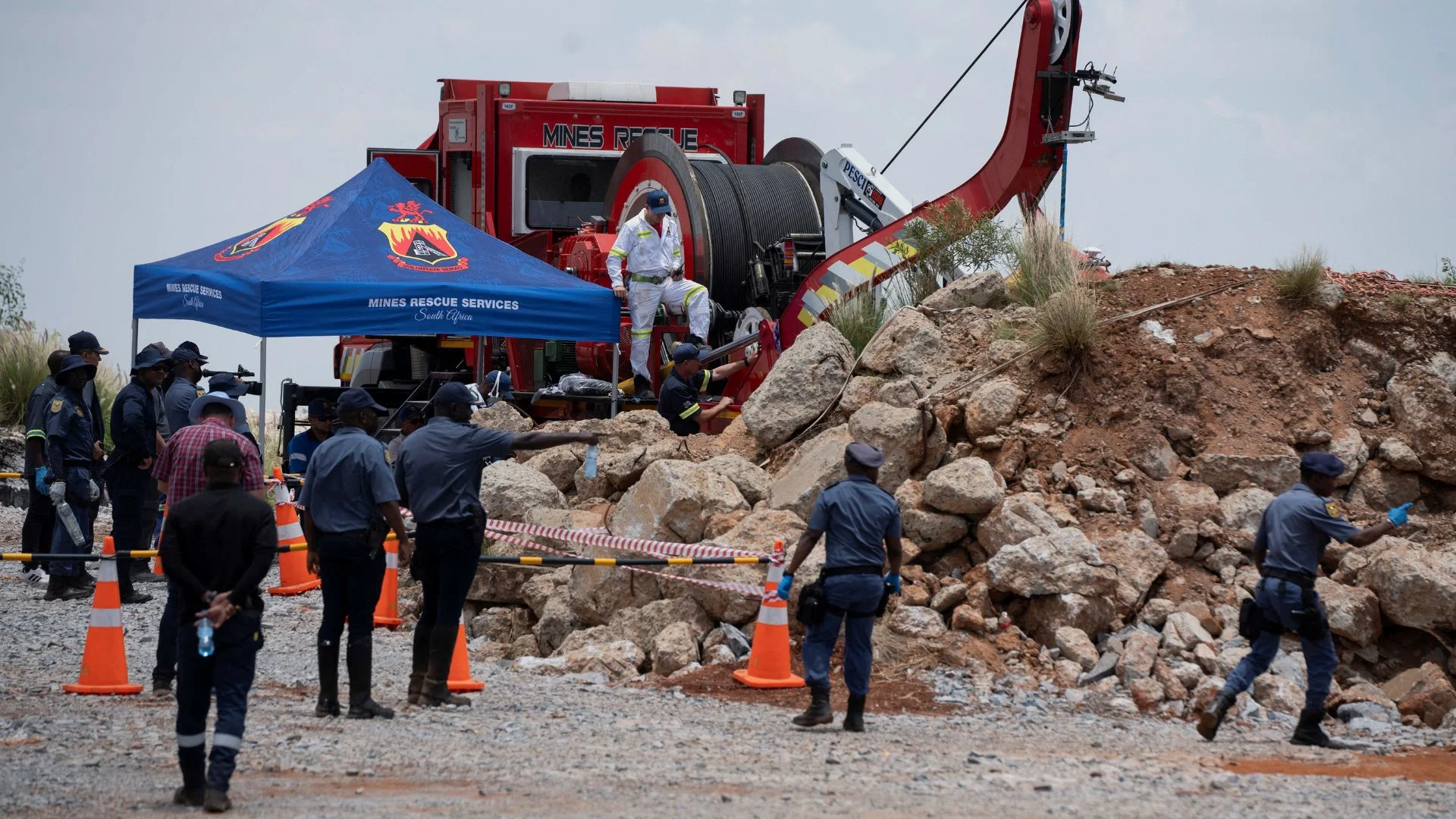Same sex marriage is still considered a big taboo around the world, especially in India, although people are trying to break this norm around them by fighting for their rights and is slowly gaining a hold across the world. Despite changes in law and norms with time, it is still a matter of concern in the eyes of many who believe that homosexual marriage is sin.
People tend to infer and reinforce social norm in this divided world with a set mindset. While half the people believe that having a choice of our own in regard to what gender we marry should be of one’s own choice and be considered as their constitutional right, the other half is still against the idea of same-sex marriage.
Same sex marriage and their rights over time has become one of the most controversial issues of our time. Over the years, there has been a debate on whether same sex marriage should be legalized. The debate on same-sex marriage evokes much discussion on whether the homosexual should enjoy equal access or not. The question of legalization of same-sex marriage is treated as an issue in many other countries, including India. Same sex couples (gays, lesbians and other sexual minorities) have long been discriminated against so far. For some countries, these debates have helped in recognition of the right of same-sex couples to marry.
Same sex marriage has not been legally recognised in India nor have they been provided with any limited rights such as civil and domestic partnership. However, countries like Argentina, Australia, Austria, Belgium, Brazil, Canada, Chile, Columbia, Costa Rica, Cuba, Denmark, Finland, France, Germany, Iceland, Ireland, Luxembourg, Malta, Mexico, The Netherlands, New Zealand, Norway, Portugal, South Africa, Spain, Sweden, Switzerland, Taiwan, United Kingdom, United States and others have legally recognized and implemented their rights.
Despite a large number of protests from groups and individuals who demand that same-sex relationship or marriages must be lawfully accepted, many states have maintained their silence and there has been a constitutional ban on similar sex marriages and relationship. The process has been seemed influential in bringing the change in public opinion in many western countries.
Looking historically, it evidently indicates that homosexuality (gays, lesbians) was not considered inferior in anyway until about 18th century during British colonel rule.
On 6 September 2018, a five-judge constitutional bench of the Supreme Court of India invalidated part of Section 377 of Indian Penal Code, hence making homosexuality legal in India and by striking down the colonial-era law that made same-sex punishable by 10 years in prison.
The ruling also applied to Jammu and Kashmir state under Article 141 of the Constitution of India and Delhi Agreement Act 1952.
However, they are still not legally recognized in India and many of the legal and financial rights acknowledged to marital status were rejected in relevance to the same-sex marriage.
The Supreme Court granted homosexual couples the freedom to lead a dignified private life, but allowed them only “basic right to companionship so long as such companionship is consensual, free from the vice of deceit, force, coercion, and does not result in the violation of fundamental rights of others,” it said, citing the court ruling in the Navtej Singh Johar case.
In Indian culture, it is a fact that all the advantages available to opposite-sex couples are still inaccessible to homosexuals. The arguments on same-sex marriage is an important topic to be discussed about; the issue of legalization of same-sex marriages is debated in many states of India and around the globe.
On 25 November 2022, a gay couple had moved the apex court of India under the Special Marriage Act for legal recognition of their marriage as India does not possess any unified marriage law. This has been taken into cognizance by the apex court which had issued notice to the Indian government to legalize same-sex marriages and association between the members of LGBTQ community.
The Special Marriage Act of 1954 provides a civil form of marriage for couples who cannot marry under their personal law. The nine pending petitions regarding legalization of same-sex marriages before the Kerala and Delhi High Courts are also transferred to the Supreme Court for a uniform decision. However, the legal structure which governs marriage in India does not allow members of homosexual communities or the LGBTQ+ community to enforce the fundamental rights which have been guaranteed to them under our Constitution.
Aprajita Vats is an advocate who resides in New Delhi. She currently works as an associate in Legally Speaking website.

